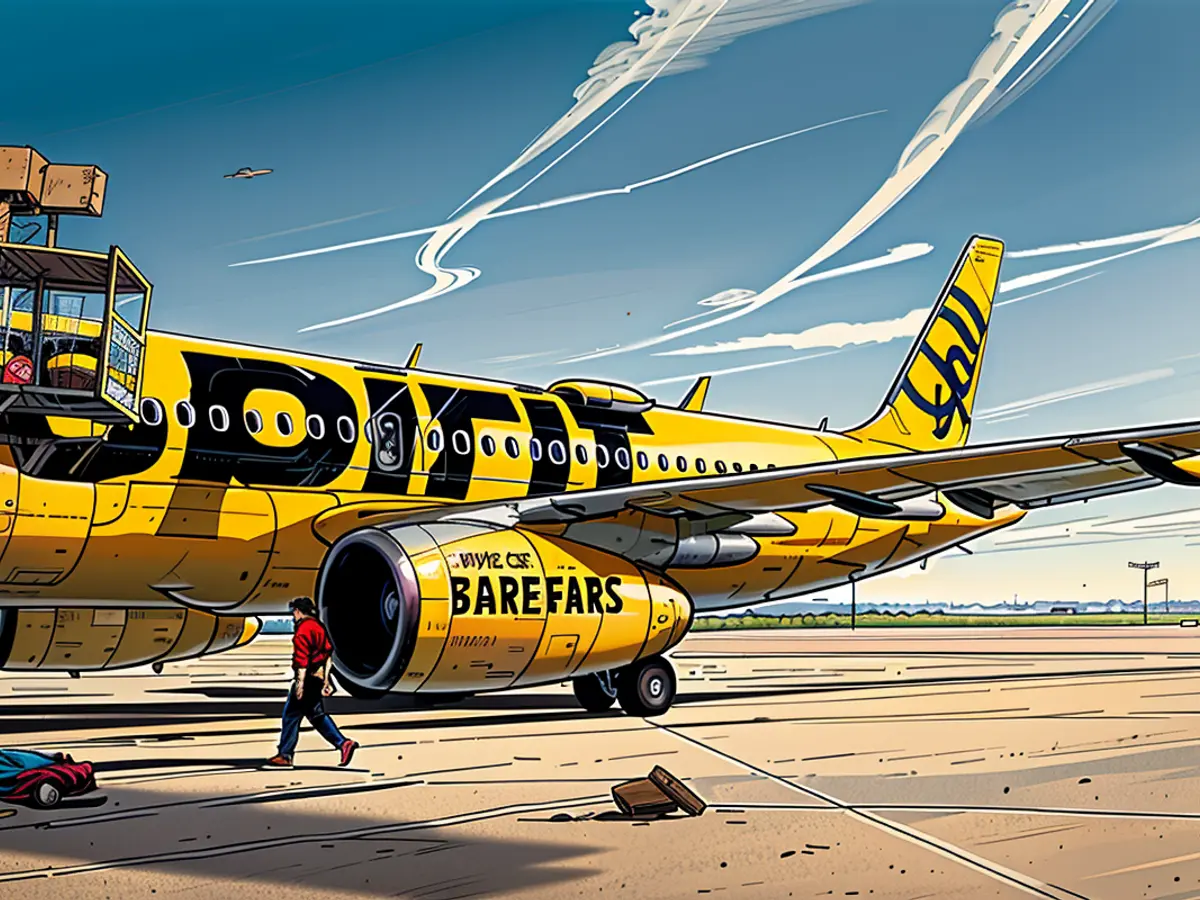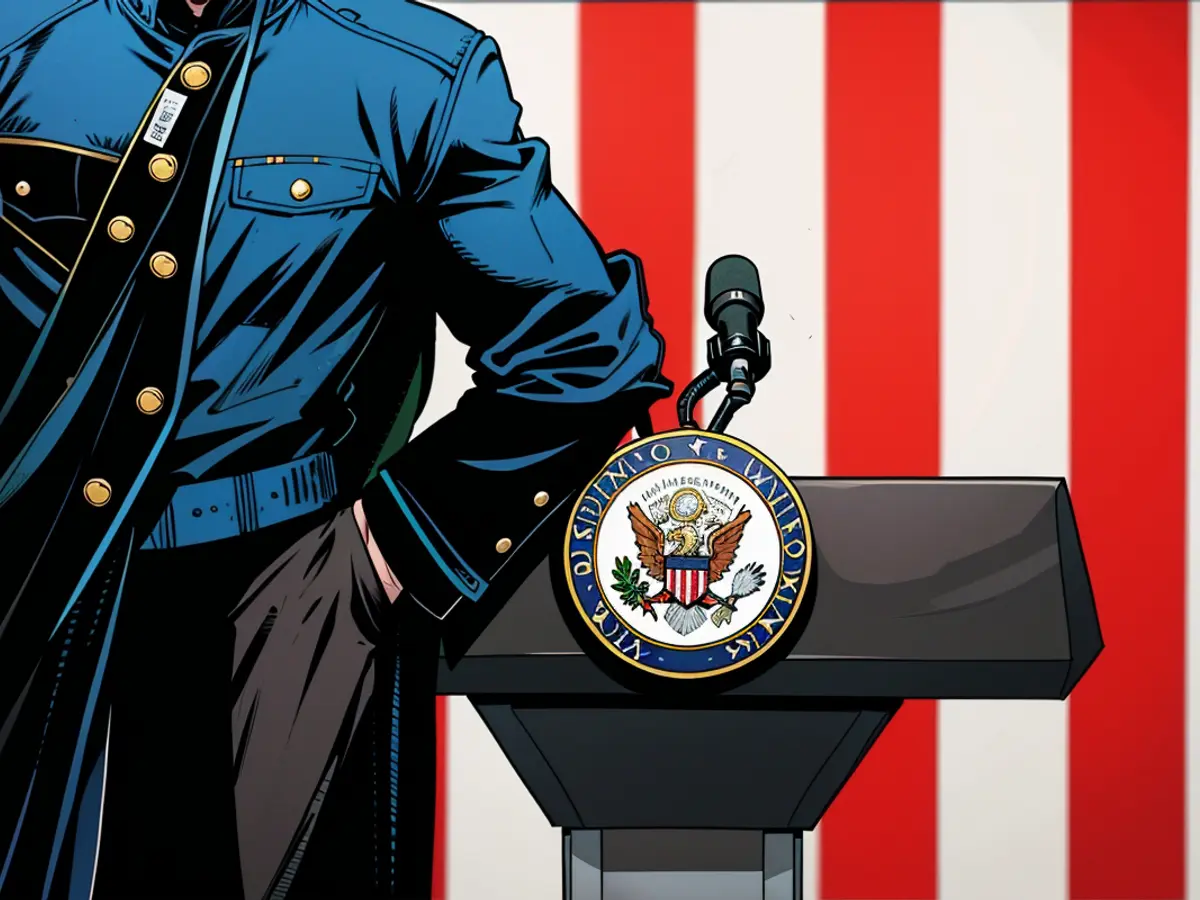Spirit Airlines, known for no-frills flying, will offer business class seats
The airline said it will allow customers to pay extra for what it’s calling “a big front seat,” with two pairs of wider seats at the front of the cabin taking up the space formerly occupied by three seats on each side of the aisle. The seats will also offer additional legroom. Farther back in the plane Spiritwill also allow passengers to pay more for seats in rows where the middle seat will not be sold.
It’s a sign of the trouble the airline industry has had making money selling bargain-priced seats, a trend that Spirit helped start with its low, no-frill fares. Spirit’s pricing structure, in which passengers can shop for the cheapest base fare and pay more for extras including carry-on bags, forced the major carriers to change their pricing as well, with many bringing in a “basic economy” tier for similar no-frills tickets.
“We’re unveiling a new era in Spirit’s history and taking low-fare travel to new heights with enhanced options that are unlike anything we’ve offered before,” said Spirit CEO Ted Christie in a statement.
No-frill tickets have proven a difficult way for airlines to make money. Spirit has not had a profitable year since 2019, the year before the pandemic brought demand for air travel to a near halt. While it has had an occasional profitable quarter, it has lost money more often than it has posted a profit. It has warned that it will soon report another quarterly loss on lower-than-forecast revenue.
Even when passengers returned to the skies in 2021, low fare carries struggled, while larger legacy carriers such as American, United and Delta airlines reported record revenue.
Spirit looked at merging, first with another ultra low cost carrier, Frontier Airlines, and then with JetBlue Airways. But that latter deal was blocked in January by a federal judge who ruled a deal would reduce competition and increase fares for passengers.
One thing that allowed the larger carriers to do better than the ultra-low cost carriers like Spirit is the ability to sell premium seating, both wider business and first-class seats as well “economy plus” seats in the main cabin with extra legroom and the right to board first. And those legacy carriers have reported that a growing share of their ticket revenue is coming from passengers paying for premium seating.
Last week Southwest Airlines, the nation’s older lower fare carrier, announced it would end its open seating policy it has used throughout its history and let passengers reserve seats for the first time. A major reason for the change was plans by Southwest to reconfigure its planes in 2025 to offer extra legroom for a premium price in one third of its rows. However, Southwest has not announcedany plans to offer wider, business class seats.
Southwest used to be the most profitable US airline, rarely reporting a money-losing quarter and going nearly half a century without reporting an annual loss until the pandemic hit. But it has struggled financially as well in recent years and is facing an activist investor who is pushing for a change in management to improve its profitability.
– CNN’s Erika Tulfo contributed to this report
The airline industry's shift towards selling premium seating has been advantageous for larger legacy carriers like American, United, and Delta, as they've seen a significant increase in revenue from passengers purchasing such seats. Consequently, Spirit is considering following this trend, planning to introduce "economy plus" seats with extra legroom in the future.







